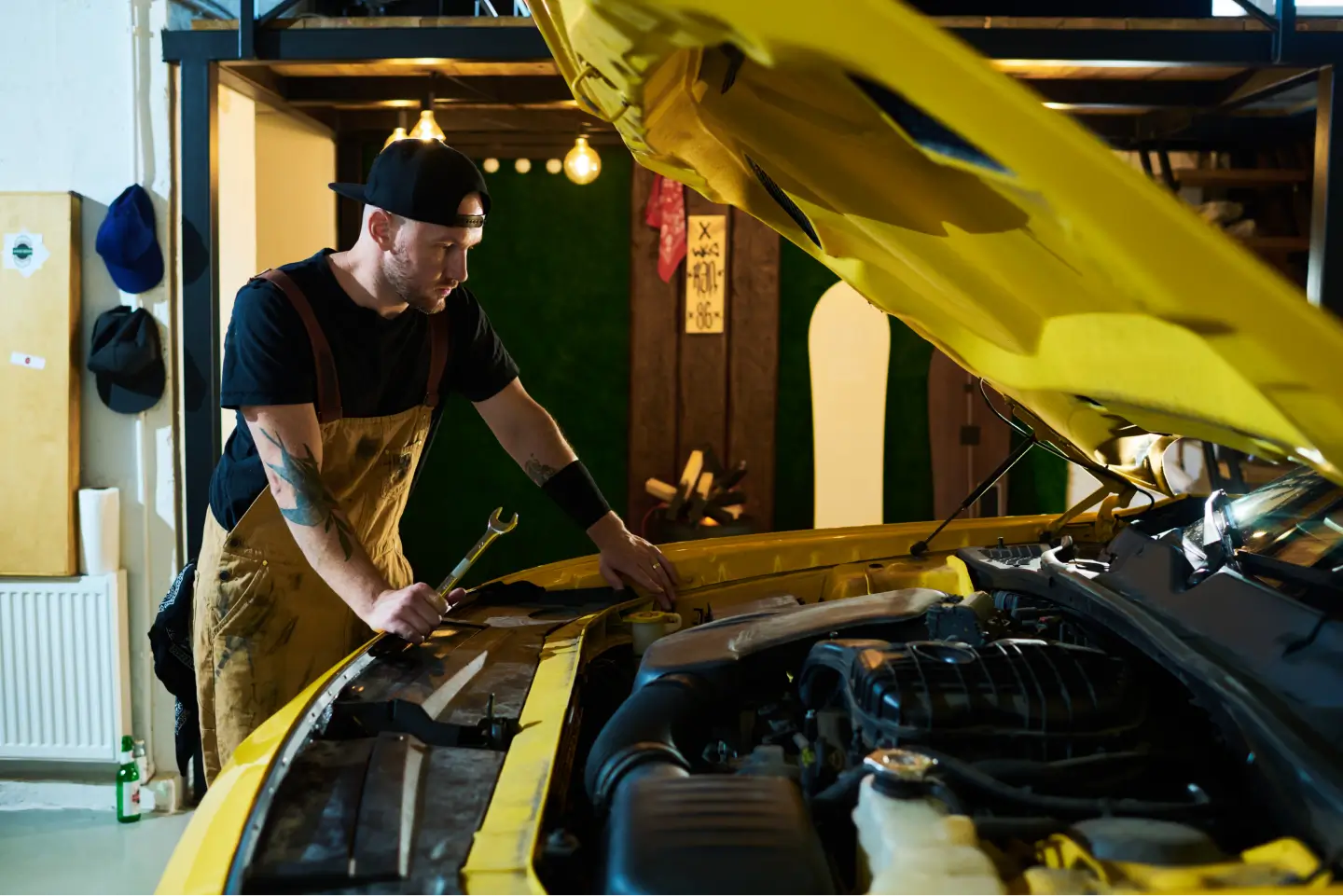How to Choose an Auto Repair Service
Regular vehicle maintenance can help reduce the need for major auto repairs. You can do this by following the schedule outlined in your owner’s manual.
Make sure the shop provides you with a detailed written invoice after servicing your vehicle, detailing each repair made, parts supplied or replaced, labor charges and when the work was completed – this may be required by state law.
Get a Written Estimate
Estimating repairs is an integral step in the repair process, helping drivers identify what’s wrong with their vehicle and estimate its repair cost. They can also serve to avoid disputes over repair fees once work has been completed.
Collision Advice notes that auto repair shops’ success in creating accurate estimates hinges upon three components: training, time and tools. According to Bud Center and Scott VanHulle from I-CAR’s automotive technical research group respectively – who manage repairability technical support and OEM technical relations respectively – one key to accurate estimating lies within knowing repair procedures thoroughly. They tell FenderBender this knowledge helps facilitate accurate estimating.
An estimator who excels at his or her job can effectively communicate the details of a repair, including parts and labor charges, in an easy-to-understand fashion to consumers. This builds trust between consumers and the shop while showing that both entities operate with professionalism.
Inspect Your Car
Multi point inspections are an integral component of car repair, helping identify issues before they become costly or serious. They also help save on gas consumption while optimizing your vehicle’s performance – ultimately leading to longer vehicle lifespan.
However, it is essential that you carefully choose an inspector. Make sure that they are an independent third-party as dealers can often conceal issues which can prove costly down the line. A reputable shop that performs multi-point inspections should be your go-to option and you may even find one who specialize in your specific make and model for optimal accuracy and thoroughness of inspections.
Get a Written Invoice
An itemized auto repair invoice is an integral component of the car repair process, providing transparency for customers, guaranteeing that mechanics did what was promised, and providing dispute resolution mechanisms. Furthermore, many states mandate their usage.
An effective auto repair invoice must include more than just basic information; it should include a breakdown of parts and labor costs so customers understand exactly what they are paying for. Furthermore, an invoice should include any miscellaneous charges such as diagnostic test fees or disposal of old parts that incurred during repair process.
Additionally, an invoice should specify acceptable payment methods and the date it was created – to eliminate confusion when paying for repairs.
Ask for a Warranty
Consider warranties when searching for auto repair shops. A warranty provides assurance that work will be completed successfully or your money back.
Read through your warranty thoroughly to understand its coverage. Most warranties have specific time, mileage, deductible and procedure requirements as well as authorization requirements that must be fulfilled before authorization can be given. In addition, keep track of receipts and service records to maintain compliance.
Some don’t have the funds available to them to cover unexpected car repairs, so they turn to credit cards or savings in an emergency fund for help. Others opt to buy service contracts – however these contracts can be costly. Watch out for unscrupulous companies sending notices via mail, text or phone that your warranty is about to expire and trying to sell you one; these companies may not even work with your dealer or manufacturer and could try selling you one anyway!
Get a Second Opinion
When dealing with auto repairs, getting an outside opinion from someone can provide peace of mind and better help you understand how much repair work and costs will incur.
As is often the case when dealing with extensive repairs like replacing a head gasket or engine block, such repairs can be expensive. A second opinion can help ensure that you receive accurate advice from your mechanic and verify he or she has correctly diagnosed your problem – saving both time and money as well as guaranteeing that you receive necessary repair work.










